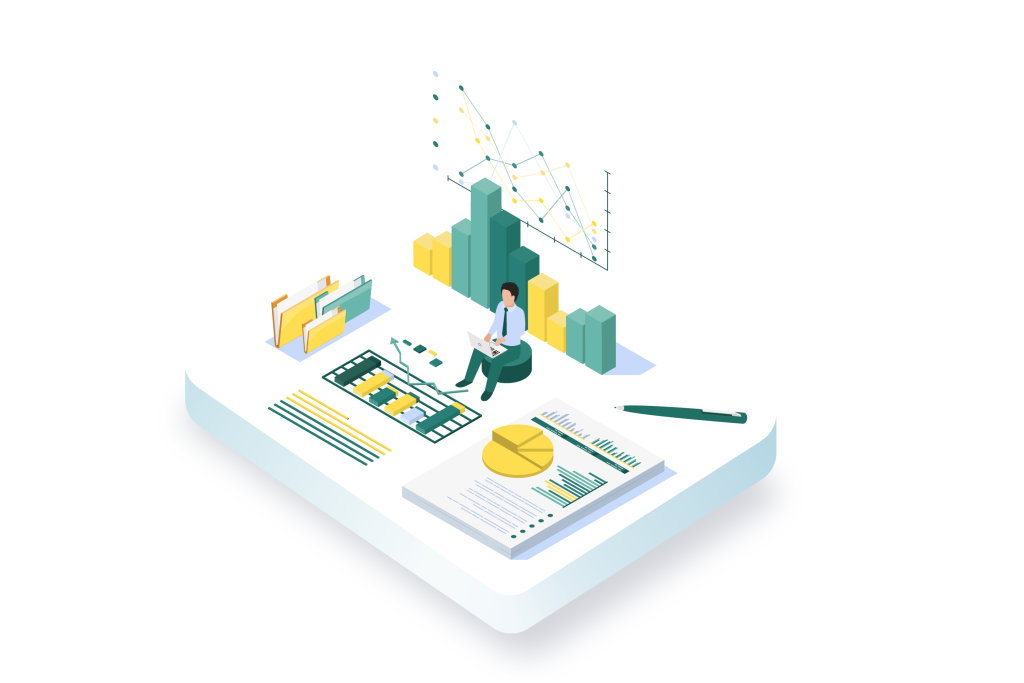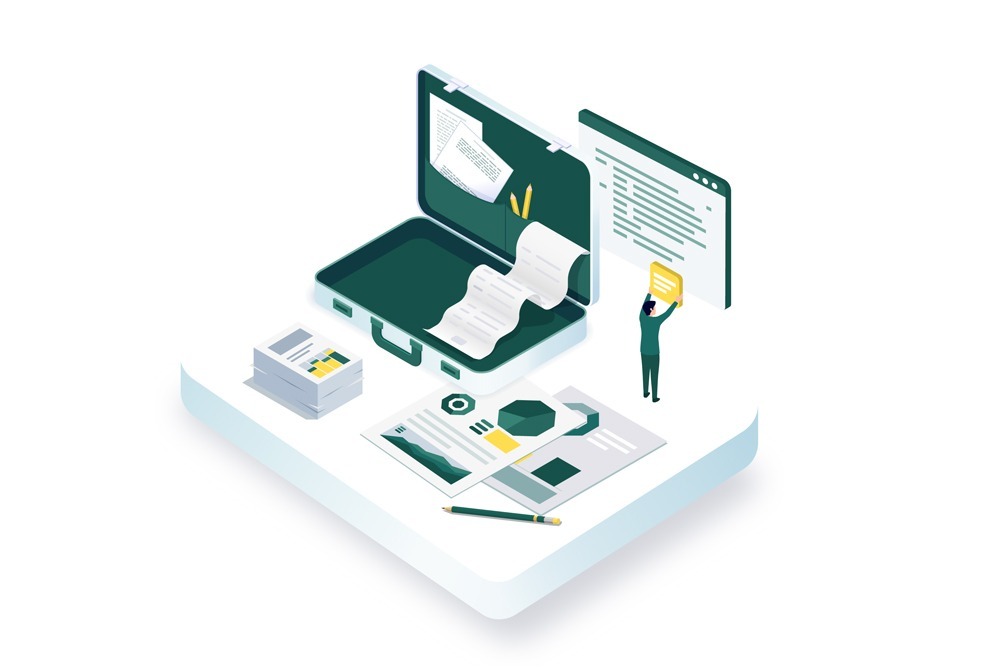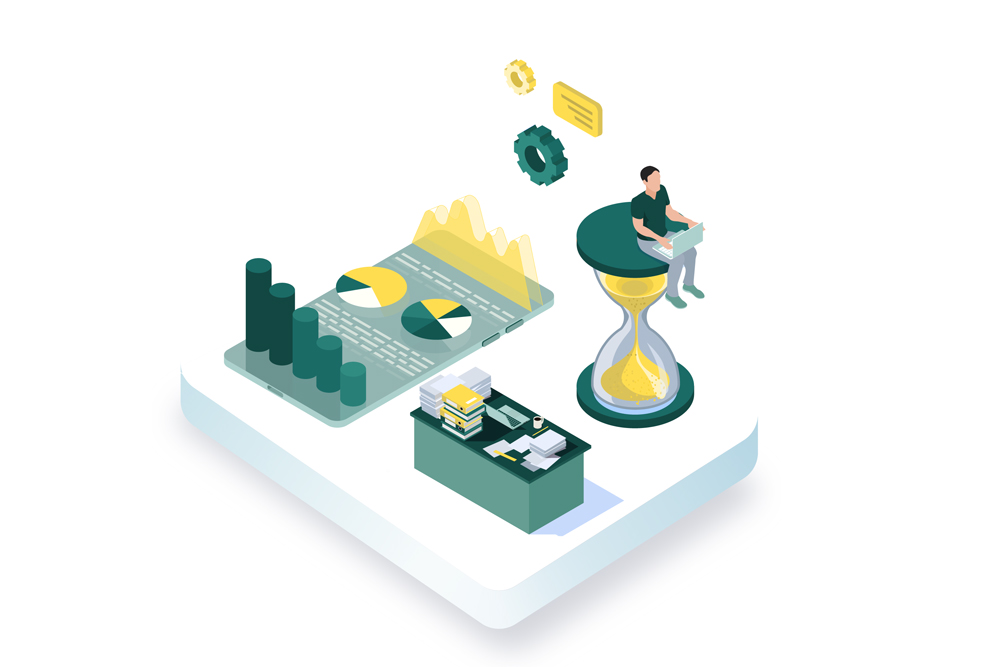Money matters in every business, but how you handle it makes a big difference. You might be wondering, “Should I use cloud accounting or stick with traditional accounting?” Cloud accounting vs traditional accounting is a big debate today. Many business owners are asking the same thing. Cloud tools are changing how we manage finances. But some still prefer the old ways.
What is Cloud Accounting
Have you ever used Google Docs or Dropbox? Cloud based accounting works in a similar way, but for your finances. It means your accounting data is stored online, not just on one computer. You can access it from anywhere. Instead of old software, you use a website or app to check your numbers. It updates things in real time.
Many businesses love this because it saves time and reduces paper. No need to send files back and forth. Cloud based accounting helps people work together. Your bookkeeper and accountant can log in at the same time. Want to check your income while on vacation? With cloud accounting, you can do that from your phone.
What is Cloud Accounting Software
Cloud accounting software is a tool that helps you manage your finances online instead of on your computer. It works through the internet, so you don’t need to install anything or worry about updates. You can log in from any device, whether it’s your laptop at work or your phone at home. This makes it easy to keep track of money without being tied to one place.
Ever used QuickBooks Online or Sage? Those are great examples of cloud accounting software. They let you send invoices, pay bills, and see reports anytime. You can also give access to your accountant so they can help you in real time. This kind of software is useful for both small businesses and growing companies.
It’s like having your financial office in your pocket, ready whenever you need it. That’s what makes cloud accounting software so popular today.
What is Traditional Accounting
Before the internet took over, most businesses used a traditional accounting system to manage their books. This usually meant keeping records on paper or using software installed on one computer. You had to be in the office to see or update anything. If your computer crashed, you could lose all your data.
Traditional accounting software like QuickBooks Desktop or Tally works this way. It doesn’t need the internet, but it lacks easy access from other places. You often have to send files back and forth between your team and accountant. Updates need to be done manually, and backups are your responsibility.
So, why do people still use it? Some feel more comfortable when everything is stored locally. Others like having full control over their own system.
While it’s slower than cloud tools, the traditional accounting system is still used in many businesses today.
Advantages of Cloud Accounting
Why are more businesses turning to cloud tools for their books? Because it’s easier, quicker, and fits today’s way of working. Instead of saving files on one computer, you can use a cloud server for accountants and access your data from anywhere. Many companies now rent a remote server for accounting in the cloud, which helps cut hardware costs. Tools for Cloud Infrastructure Management make sure your data stays safe and up to date. And if you’re using an old system, Cloud Migration lets you move everything online without losing your records.
Here are some clear benefits of using cloud accounting:
- You can log in from anywhere, at any time, even on your phone.
- No more manual backups or file transfers — your data is stored online automatically.
- A cloud server for accountants helps your team work together without being in the same place.
- Rent of a remote server for accounting in the cloud saves you money on setup and maintenance.
- Cloud Infrastructure Management makes sure your tools stay updated and secure without your effort.
- Cloud Migration allows you to shift your old system to the cloud without starting over.
Cloud accounting helps modern businesses keep things simple, safe, and easy to manage.
Benefits of Traditional Accounting
So, if cloud accounting is so popular, why do some businesses still use older methods? The answer lies in comfort and habits. Many business owners have used traditional accounting practices for years and trust what they already know. These systems don’t need the internet, which some people like for security reasons. Some also feel more in control when everything is stored on their own computer.
Let’s look at some reasons why traditional accounting practices still work for many people:
- It doesn’t need internet, so you can work even if you’re offline.
- Some business owners trust paper files and local storage more than online systems.
- You control updates and software changes, so nothing happens unless you want it.
- Familiar tools make it easier for older teams to keep using what they already know.
- Traditional accounting practices can feel safer for those worried about online data security.
- You can run your books fully from one computer, with no monthly cloud fees.
Even though it’s slower in some ways, traditional accounting still works well for many small and local businesses.
Key Differences Between Cloud Accounting and Traditional Accounting
Wondering how cloud and traditional accounting really compare? Let’s break it down so it’s easy to understand. One runs through the internet, the other stays offline. Cloud systems like NetSuite Accounting give you live access from anywhere. Traditional methods require you to be in the office or use the same computer. Cloud tools update in real time, while offline software must be updated manually.
What about working with others? Cloud lets your team view the same file at the same time. Some tools, like marketing cloud account engagement, even connect accounting to your sales and customer data. Traditional setups don’t allow that level of connection. That’s a big deal if you want your numbers and sales tools to “talk” to each other.
Here are a few simple ways they differ:
- Cloud systems like NetSuite Accounting offer anytime access from phone, tablet, or laptop.
- Traditional software needs one computer — if it breaks, your data could be lost.
- Cloud accounting updates automatically without any manual work.
- With cloud, your accountant and team can log in at the same time.
- Marketing cloud account engagement tools can connect your accounting with marketing.
- Traditional systems don’t offer real-time sharing or outside access.
Each system has its place — the right choice depends on how you work and what you need.
Making the Right Choice for Your Business
Choosing between cloud and traditional accounting software isn’t always easy. It depends on how you work and what you need. Are you always on the move? Then cloud tools might be better for you. Do you like working from one computer? A traditional setup could feel more comfortable. Think about your business size, your goals, and who handles your books.
Are you just starting a business? Then bookkeeping for startups should be simple, clear, and easy to manage. Most new businesses choose cloud tools because they’re flexible and quick to set up. You don’t have to be a tech expert to get started. And you can grow without changing everything later.
Still unsure what to pick? That’s where Hundred MS can help. We know both systems and how to set them up right. We also help startups find the accounting software that fits their work, not the other way around.
Here’s a quick way to think about your choice:
- If you want to access your books anytime, go for cloud accounting software.
- If your work stays in one place, traditional tools might still do the job.
- For fast-growing companies, cloud systems grow with you.
- Bookkeeping for startups should be simple and not take up your whole day.
- Hundred MS helps you pick the best system, not just the most popular one.
- Think long term — what works now might not fit later.
Choosing the right system can save time and help your business stay on track.
Conclusion
So, what’s the final word on cloud accounting vs traditional accounting? It really depends on how your business works. If you need flexibility and want to check your books anytime, cloud might be your best friend. If you prefer the old-school way and don’t want internet tools, traditional methods could still work for you. Both options can do the job, but one may fit your lifestyle better.
Think about what matters more — access, speed, cost, or control. That’s how you’ll make the right choice. And remember, it’s okay to start simple and grow into something bigger. If you ever feel stuck between traditional accounting vs cloud accounting, just look at what fits your daily work best. In the end, the best system is the one that actually works for you.
Frequently Asked Questions (FAQ)
Because it’s simple, fast, and easy to use from anywhere. You don’t need to install anything, and your data is stored safely online. It helps people work together, even if they’re not in the same place. Cloud accounting updates your numbers in real time. You also don’t need to worry about losing files if your computer crashes.
It saves time and makes daily tasks like invoicing and tracking bills much easier. Many businesses like it because they can grow without changing systems. You don’t need to buy more hardware or hire tech support. It also helps reduce mistakes because everything is clear and up to date. Sharing info with your accountant is quick and simple.
You can log in from your phone, laptop, or tablet and still manage your business. You no longer need to email files or carry a USB drive. Your accountant can check your numbers without meeting in person. The software shows your cash, income, and expenses all in one place. It keeps your information current without extra work.
Traditional accounting works offline on one computer and needs manual updates. Cloud accounting is online, and you can access it from anywhere. Traditional systems need you to back up data yourself. Cloud tools save your data automatically. If you often move around or work with others, cloud accounting is usually the better choice.





Pingback: Top Accounting Trends to Know in 2025 for Smarter Finance